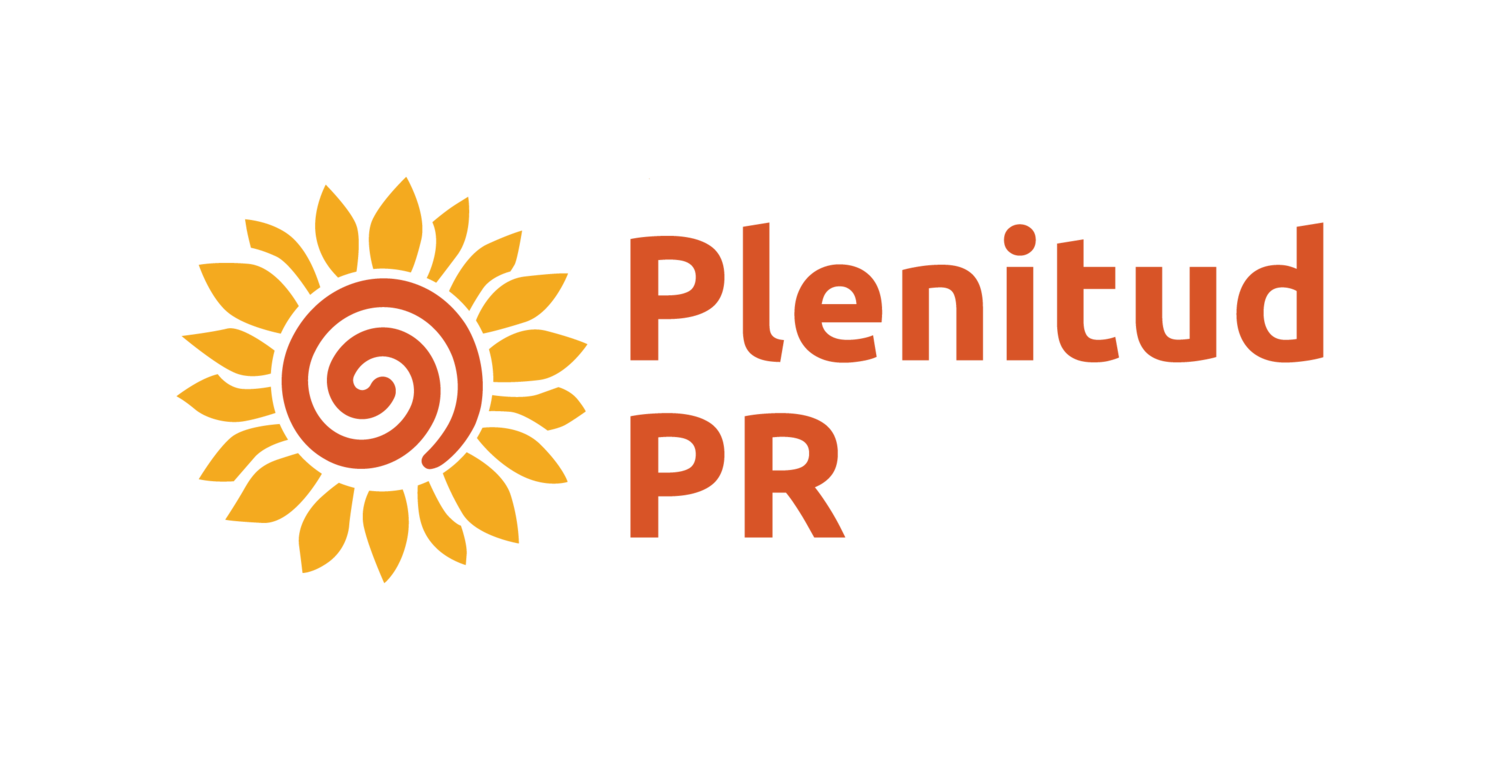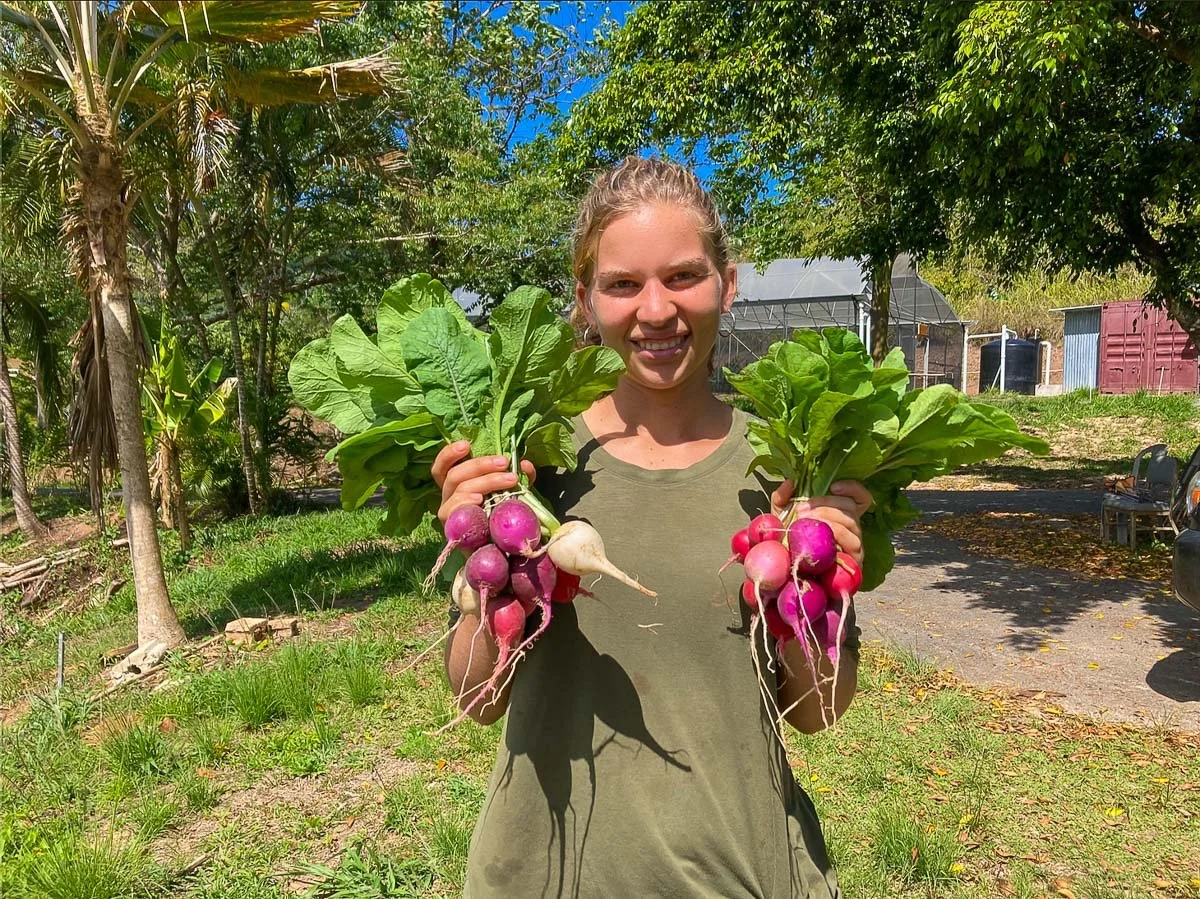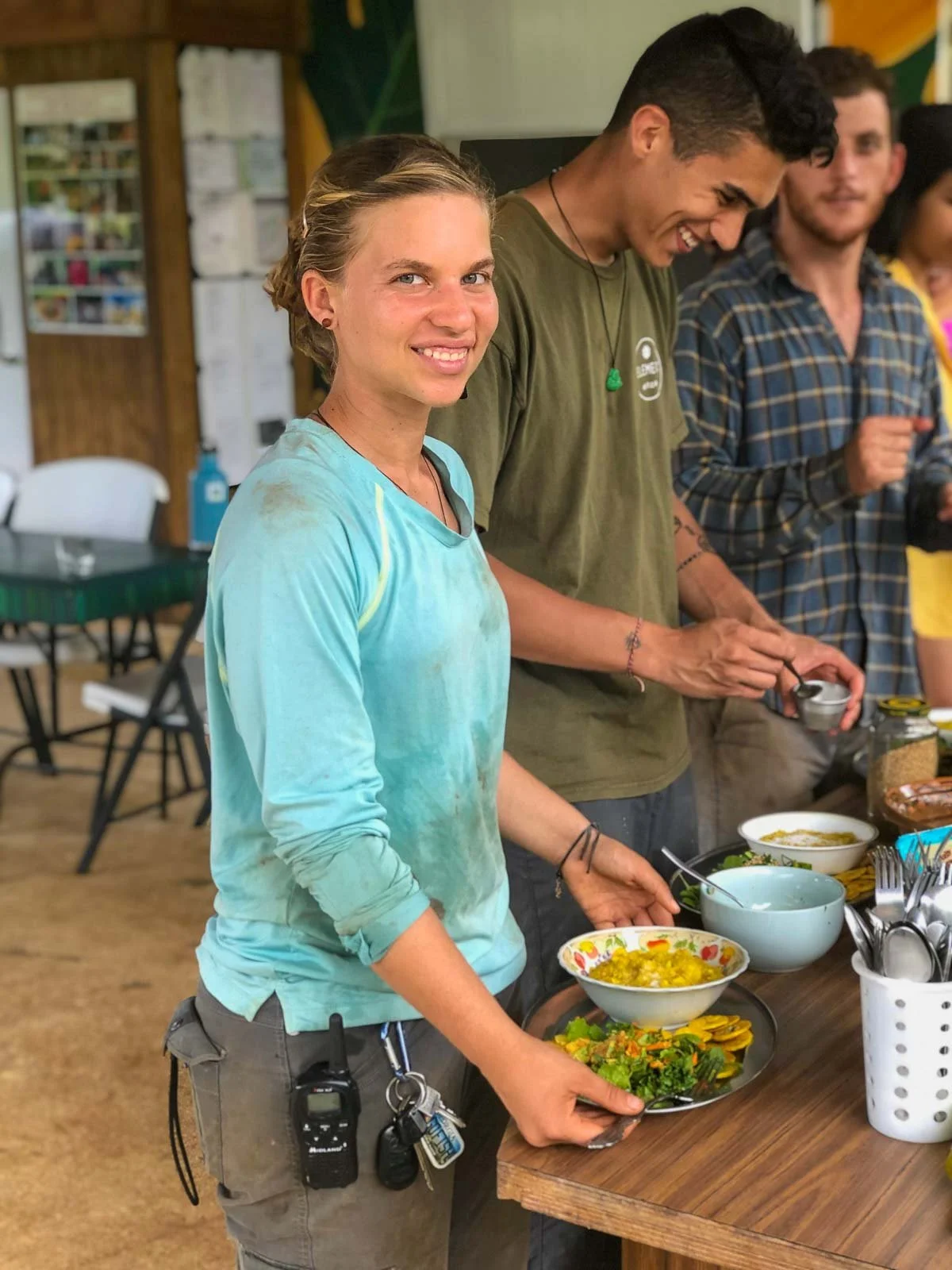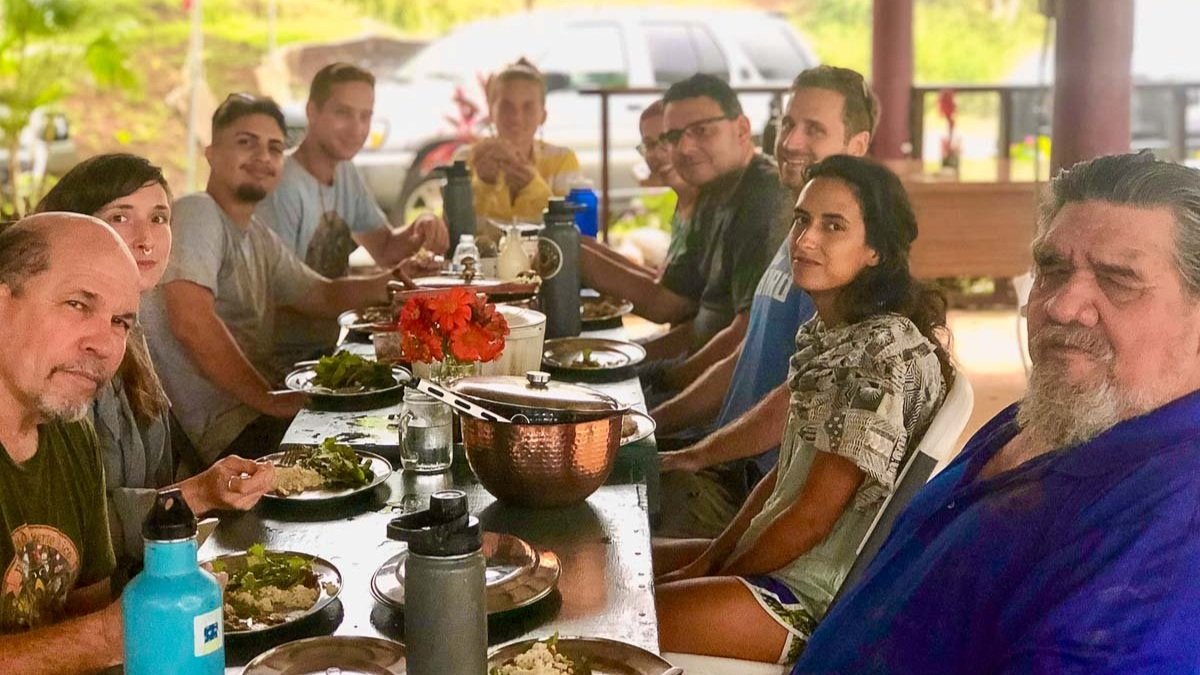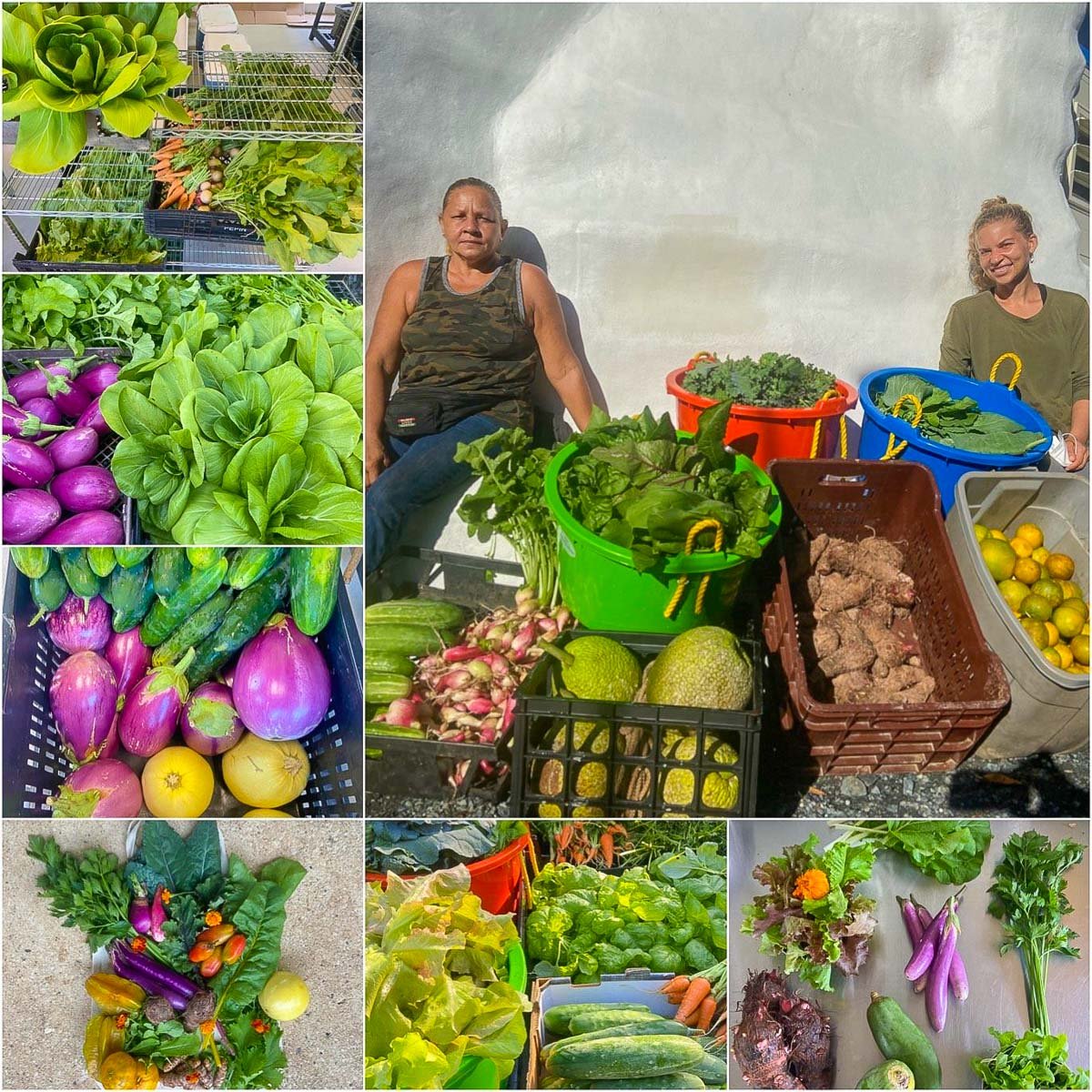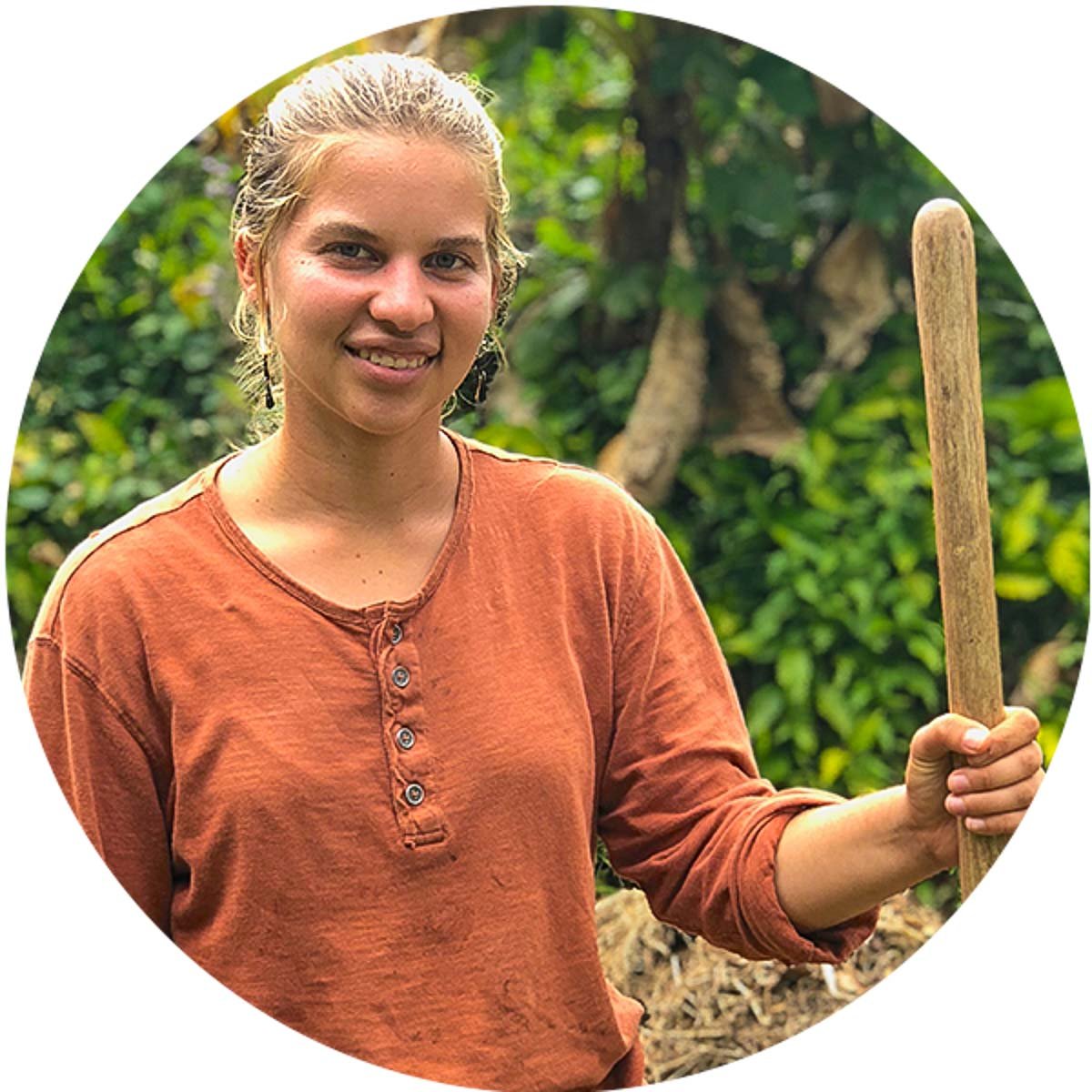Learning How To Eat
I learned to eat after I turned 25. Before that, I thought that anything that tasted good and satiated my hunger was food. I think that eating is one of the biggest human pleasures–in fact, when I was little, I would say that my favorite part of the school day was lunch time.
Ever since I was young, I was celebrated for my eating habits, yet struggled with maintaining a weight that was healthy for my body for the majority of my youth. Sports helped me maintain a balance, but the consequences of my bad eating habits showed up early on. Before I turned 20, my gallbladder started to fail and a few years later, I had it removed.
Unfortunately, many Puerto Ricans do not know how to eat healthfully. This is why most of us have at least one family member with diabetes, high blood pressure or cancer. More than 50% of Puerto Rican adults suffer from a chronic disease related to diet and nutrition. My diet, like many Puerto Ricans, used to consist of fast and fried food, meat in every meal, rice and beans, pasta, pizza, juices and soda, potato chips and cookies, etc. This “Puerto Rican diet” in reality is not ours; it is a diet imposed on us by the large companies that import food to our archipelago. While these companies profit from the “food” they sell us, they are also killing us. Our native Puerto Rican diet originally consisted of local foods such as cassava, taro, yautía, yams, breadfruit, pineapple, beets, cabbages, watercress, chard, pigeon peas, beans, pumpkin, rice and many other fruits that came directly from our land and coasts.
This personal and collective relationship Puerto Ricans have with food is what inspired me today to serve as a farmer, creating more opportunities for our collective wellbeing by connecting us more to the land. In my training, I learned that what we typically eat is not only killing us, but it is also destroying the environment. Meat, including chicken, and the highly processed foods that dominate our diet come from industrial chemical farming, which is responsible for 50% of the greenhouse gases that, in turn, accelerate global warming. This type of conventional agriculture requires a lot of deforestation, and produces pollution in the production, packaging and transportation of the products. This all sounds devastating and out of my control, but I have learned that there is something we can all do to create change.
Scientific studies on climate change increasingly agree that if every person adopted a more natural, local and plant-based diet, the shift in demand would radically change the food industry, and significantly reduce environmental damage.
After this realization, I decided to make adjustments in my diet, and discovered something that alarmed me and for which I felt guilt. After so many years of bad eating habits, I had developed addictions to certain foods including hamburgers and chicken nuggets, processed foods such as cookies, cereals, juices and sweets. I couldn't leave them despite how hard I tried! Many people, if not the majority of Puerto Ricans, experience this same situation.
Something that helped me to overcome this challenge was coming to Plenitud PR. God put in my path many wise and humble people with different diets including vegetarians (people who do not eat meat), vegans (people who do not eat meat or any other animal products such as cheese and eggs) and flexitarians (people who practice a flexible diet), who, instead of judging me, simply taught me new eating patterns and shared recipes to integrate into my diet. Over time, I began to like this new style of eating more, and little by little I naturally eliminated the harmful things from my diet.
Anyone who has passed through Plenitud PR at lunchtime knows that fresh, farm-to-table food made with love can change your life!
Through this process, I learned that food is my medicine.
I learned to listen to my body and what it really needs. I am still in the process of learning what foods are best for me, and identifying new recipes to try, but I can already say that my diet is plant-based, and moreover, that it comes from our farm’s weekly harvest!
At Plenitud PR, we not only farm to give the community access to fresh and chemical-free food, but we also share recipes so that, together, we can learn how to feed ourselves with what the land provides.
I thank all the people who buy products from us and from other local farmers, because they are contributing greatly to their own health, and also to the well-being of nature and Puerto Rico in general. As long as the demand for agroecological products continues to increase, the farmers who produce them will continue to multiply, and thus we can achieve our food sovereignty!
